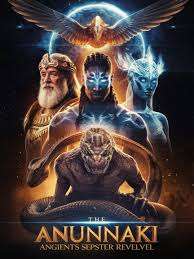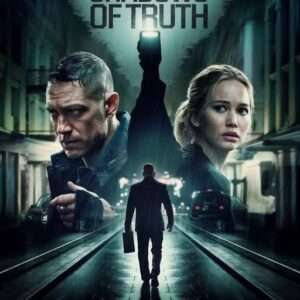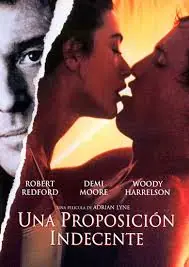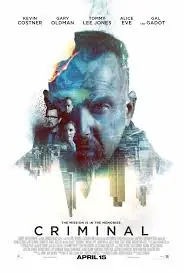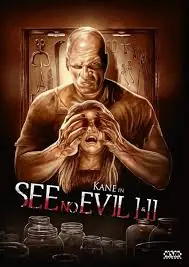Endeavour, the prequel to the iconic British crime drama Inspector Morse, is more than just a nostalgic journey into the past of one of television’s most beloved detectives. Running from 2012 to 2023 over nine seasons, Endeavour offers a richly atmospheric, intellectually engaging, and emotionally resonant exploration of Detective Constable (later Sergeant) Endeavour Morse’s formative years in Oxford’s City Police.
A Prequel That Stands on Its Own
Crafted by screenwriter Russell Lewis, Endeavour successfully carves out its own identity while respecting the original series and its sequel, Lewis. Though filled with Easter eggs and references that reward long-time fans of the Morse universe, it never relies solely on nostalgia. Instead, it delivers a strong standalone narrative powered by stellar writing, period authenticity, and compelling performances.
Set in the 1960s and progressing into the early 1970s, the show begins with a young Morse (played by Shaun Evans) returning to Oxford as a detective constable. He’s a reserved, melancholic intellectual with a deep love for opera, crossword puzzles, and classical literature. Over time, viewers watch him evolve through personal and professional trials that explain the hardened, solitary man we meet in Inspector Morse.
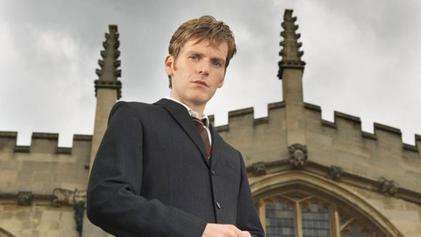
Shaun Evans: Morse Reimagined
Shaun Evans gives a nuanced and sensitive portrayal of the young Morse. He doesn’t mimic John Thaw’s original performance, but instead subtly lays the groundwork for the older detective’s quirks and emotional wounds. Evans brings a brooding charm, often hiding Morse’s inner turbulence behind a mask of restraint and intellect. His development over nine seasons is gradual and believable, as we witness him grappling with moral dilemmas, institutional corruption, personal grief, and unfulfilled love.
What makes Evans’ performance especially effective is the way he captures Morse’s contradictions: brilliant yet insecure, principled yet occasionally reckless, aloof yet deeply empathetic. It’s a masterclass in character building and emotional restraint.
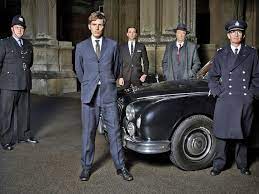
Roger Allam: The Steady Anchor
One of Endeavour’s greatest strengths is the dynamic between Morse and his mentor, Detective Inspector Fred Thursday, played by the ever-reliable Roger Allam. Thursday is a World War II veteran, a moral compass, and a steady hand in the chaotic world of criminal investigations. The father-son bond that develops between him and Morse is one of the emotional backbones of the show.
Allam’s performance balances authority, kindness, and quiet weariness. Thursday becomes both Morse’s protector and a symbol of an older, more honorable kind of policing that’s slowly disappearing. The slow unraveling of Thursday’s ideals and the toll that the job takes on him add layers of depth to the show’s central relationship.
A Portrait of a Changing Society
Beyond being a detective drama, Endeavour is a rich period piece. It thoughtfully captures the social, political, and cultural shifts of 1960s and 1970s Britain. From post-war values to the emergence of counterculture, civil rights movements, and evolving gender roles, the series doesn’t shy away from addressing the complexities of its time. The slow decline of the British Empire, class tensions, and the rise of organized crime all find space in Endeavour’s narrative fabric.
Each episode is not just a whodunit but also a small time capsule. The show often uses crimes to reflect broader societal anxieties—whether it’s corruption within elite institutions, police brutality, or the clash between modernity and tradition. The scripts are intelligent and layered, rarely offering simple resolutions, which aligns with Morse’s own conflicted worldview.
Aesthetic Brilliance
Visually, Endeavour is stunning. Oxford provides a picturesque and sometimes eerie backdrop that complements the series’ intellectual tone and melancholic mood. The cinematography captures a romanticized but lived-in version of the past, filled with vintage cars, polished shoes, cigarette smoke, and worn leather briefcases.
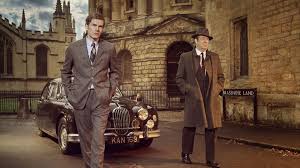
The production design is meticulous, from costume choices to soundtrack selections. Classical music and 1960s hits blend with original scores to create a mood that is both reflective and immersive. Each episode feels like a short film in its own right, often building to emotionally satisfying or tragic conclusions.
The Mysteries: More Than Procedural
Unlike many modern crime dramas that rely on fast pacing and violent spectacles, Endeavour takes a more cerebral approach. The mysteries are intricate, slow-burning, and often rooted in academia, art, or literature. They respect the intelligence of the audience, challenging viewers to think and observe alongside Morse. While this pacing might feel slow for some, it allows for more psychological depth and thematic richness.
Occasionally, the plotlines can feel slightly contrived or rely on coincidences, especially in the later seasons. But these moments are generally outweighed by the quality of the writing and the emotional payoffs. The show never loses sight of character development, even in the midst of complicated plots.
The Final Season: A Poignant Farewell
Season 9 brings a dignified and emotional close to Endeavour. It ties up major character arcs while carefully preserving the bittersweet tone that defines the series. Morse’s journey ends with unresolved longing, professional recognition tinged with personal sacrifice, and a sense that he will carry the emotional weight of his past into the future we already know from Inspector Morse.
The final moments are particularly moving, with visual and thematic callbacks to the original series, including a symbolic passing of the baton from Evans’ Morse to Thaw’s. It’s a graceful and thoughtful conclusion that honors the legacy without overexplaining or overwriting it.
Final Thoughts
Endeavour is an extraordinary piece of television that transcends the limits of genre. It’s a detective series, yes, but also a meditation on loneliness, integrity, justice, and the personal cost of brilliance. It tells the story of a man caught between the ideals of the past and the uncertainties of the future, all while solving crimes that are never as simple as they first seem.
With exceptional performances, especially from Shaun Evans and Roger Allam, beautiful cinematography, and layered storytelling, Endeavour stands as one of the best British crime dramas of the 21st century. Whether you’re a fan of Inspector Morse or new to the universe, this series is well worth the journey.
